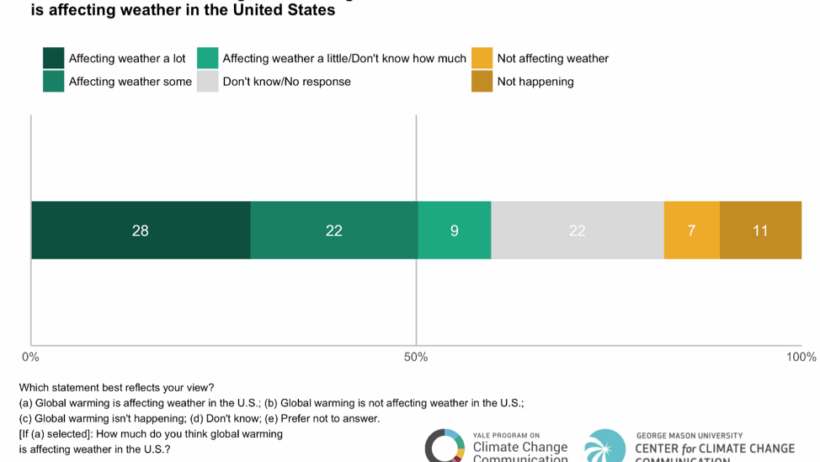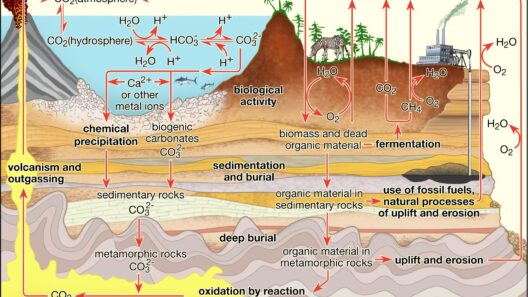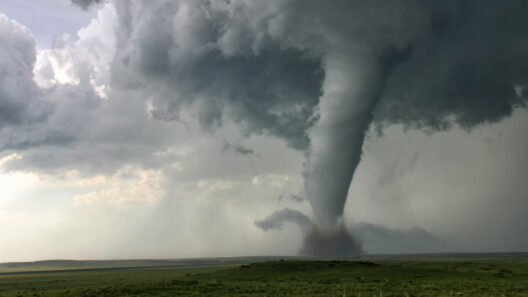Costa Rica, a country renowned for its verdant landscapes, copious biodiversity, and longstanding commitment to sustainability, now faces the ominous specter of climate change. The allure of its pristine beaches, majestic mountains, and rich rainforests attracts millions of tourists each year, yet the realities of global warming threaten to undermine this ecological paradise. A closer examination reveals that the effects of climate change are not only palpable but intricate, weaving a complex tapestry of environmental challenges and potential socio-economic repercussions.
Historically, Costa Rica has been a beacon of environmentalism. With an ambitious goal of becoming carbon neutral by 2050, the nation has invested heavily in renewable energy sources and reforestation projects. However, these noble efforts are now imperiled by the very forces of climate change that threaten ecosystems worldwide. This multifaceted dilemma captivates not only environmentalists but also social scientists, as it encapsulates the confluence of ecological sustainability and human vulnerability.
One of the most immediate repercussions of climate change in Costa Rica is the alteration of its rainfall patterns. The country is divided into distinct regions, each with varying climates. Coastal regions, particularly the Caribbean, have observed increased precipitation, resulting in flooding and landslides. Conversely, the Central Valley and Pacific regions are experiencing diminished rainfall, leading to droughts that threaten agricultural productivity. These shifts do not merely complicate farming; they can destabilize local economies reliant on crops such as coffee, bananas, and cacao, which are intrinsic to both local culture and the nation’s export portfolio.
Moreover, the biological consequences of climate change are particularly striking. Costa Rica is home to approximately 5% of the world’s biodiversity, a testament to its unique ecosystems. However, as temperatures rise, many species are forced to shift their habitats in search of cooler conditions. This phenomenon can lead to an ecological imbalance, jeopardizing species that are less adaptable or those reliant on specific climate conditions. For instance, amphibians, which are already imperiled due to habitat loss and pollution, may face further population declines as their delicate ecosystems are disrupted.
In addition to challenges faced by fauna, flora is also at risk. Many of Costa Rica’s illustrious national parks, such as Manuel Antonio and Corcovado, may lose their characteristic vegetation due to changing climate conditions. Tropical rainforests, rich in plant species, could transition to drier ecosystems if the current climate trends continue. This loss could have cascading effects on carbon sequestration—a critical function that these forests perform, helping mitigate global warming.
Furthermore, the increasing frequency of extreme weather events shapes the landscape of vulnerabilities in Costa Rica. Storms are becoming more ferocious, exacerbating erosion and damaging infrastructure. Coastal communities, often reliant on tourism, are particularly at risk from rising sea levels and increasingly severe storms. The quaint coastal towns that draw visitors may find themselves grappling with more than just environmental degradation. The socio-economic fabric of these communities is at stake, as jobs associated with a thriving tourism industry could dwindle, leading to increased poverty and displacement.
The health ramifications stemming from climate change cannot be overlooked. Rising temperatures create a more hospitable environment for vector-borne diseases, including dengue fever and chikungunya. As the climate warms, the ranges of mosquitoes that transmit these diseases could expand into previously unaffected areas, posing additional challenges to public health. With a healthcare system already under strain, the arrival of new health threats could overwhelm local resources.
Despite these daunting challenges, Costa Rica holds resilience at its core. The national government, in collaboration with both non-governmental organizations and private sectors, is striving to foster adaptive strategies. These strategies focus not merely on mitigating the effects of climate change, but on enhancing the country’s overall resilience. This involves diversifying agriculture, protecting critical habitats, and investing in sustainable tourism practices that prioritize ecological integrity while also benefiting local communities.
Additionally, education plays a crucial role in addressing these environmental challenges. By fostering awareness and enhancing understanding of climate change, Costa Rica can galvanize its citizens into action. Community-driven initiatives that promote reforestation, conservation, and sustainable agricultural practices are essential. Engaging the population in meaningful dialogue about the importance of ecological sustainability ensures the transition to a low-carbon economy is underpinned by broad societal support.
International partnerships also stand as pillars of strength. Costa Rica has positioned itself as a leader in global climate conversations, advocating for comprehensive frameworks that address climate resilience on an international scale. Collaborations aimed at sustainable development and biodiversity protection can enhance technological exchanges and resource-sharing among nations. These alliances bolster Costa Rica’s own ambitious goals and provide much-needed support to navigate the complexities posed by climate change.
In conclusion, while Costa Rica is heralded as a green paradise, it must confront the multifaceted challenges posed by global warming. The shifts in climate patterns threaten the very ecosystems that have made this nation a symbol of environmental stewardship. However, the collective resolve of its people, bolstered by progressive policies and international cooperation, paves the way for hope. Facing the climate challenge head-on can transform Costa Rica’s trials into triumphs, ensuring that its legacy as a steward of the environment endures, not just for its own citizens but for the planet as a whole.








